Moyer: Your Friendly Neighborhood Russian Tortoise and All About Him!
As this is my first Russian Tortoise, I thought I would share some care tips. It’s been quite a process trying to finagle through all the do’s and don’ts of tortoise ownership. And I’m not even close to figuring it all out—so if you have any tips they would be much appreciated!
Anyway, meet my new best friend, Moyer! Well, he’s not really my best friend…yet. He’s incredibly shy and scared, some websites say that it can take tortoises months to adjust to a new environment! But, he gets better every day, especially as I figure out how to care for him.
About Russians
Russian Tortoises are one of the most common types of turtles as pets because they are affordable, small, and adorable. My Moyer cost me $129.00. Males are 6-8 inches in diameter with a curved tail while females are 10-12 inches in diameter with an outward facing tail. Though they are called Russians, they are actually from Mediterranean/Desert areas such as Central Asia, Afghanistan, Pakistan, and Iran. They tend to be lifelong friends, as they live for up to 50 years. I read that they can recognize their owners and will run to greet them! How could you not want one?!
Buying your Russian
I made sure to buy a Russian that was bred in captivity to ensure that he wasn’t unethically obtained. It was more expensive this way, but Russians that are taken straight from the wild and shipped overseas tend to not be in the best shape. Also, since I bought him from people who cared about animals I was able to gain reliable advice and information on how to care for him best.
Diet
--Tortoises are herbivores and eat dark greens, some veggies, and fruit. They need to be fed daily, with enough leaves and flowers to cover their shell! Their diet should be low protein and high in fiber. So, dark greens like kale, romaine, and spring mix are good options to keep them healthy. Iceberg lettuce and spinach are not the number one nutritional choices, though there is some debate. Though we’ve all seen those adorable videos of tortoises eating giant strawberries, they can really only have fruit every once in awhile. Fruit is like candy to tortoises; they love it but it isn’t necessarily healthy for them. However, it’s really important for tortoises to have a variety of foods in their diet. They apparently love dandelions, grasses, and certain flowers (just make sure there aren’t any icky pesticides!) Here is a link to a pdf of the best fruits and veggies. Tortoises live best off of simply fruits and veggies, and dry reptile food would be best to avoid. However, many people swear by the Mazuri Tortoise Diet dry food to supplement with their vegetables. My Moyer really likes Kale and seems to avoid the other stuff I tried to feed him including Mazuri, but I hope as he gets more comfortable he will eat more.
--Tortoises need a calcium/vitamin D supplement for a healthy shell and body. I have a calcium/vitamin D powder that I mix a half teaspoon into his food once a week, but he refused to eat it so…I don’t know.
As for water, I do put a water bowl that is about a half inch deep that Moyer will drink, bathe, and poop in. Though he’s a desert tortoise and they definitely can live without water for extended periods of time, it seemed Moyer was much happier with a pool in his enclosure. As a cold-blooded reptile, I think the water helps him regulate his temperature a bit more.
Enclosure
--The enclosure has been the most difficult thing to do right in this first week of tortoise parenthood. I orginally had a 30 inch x 20 inch plastic bin that Moyer seemed to like, but it was just too small. He spent most of his time trying to escape. Also, tortoise enclosures only really need to be 4 inches high and I think the huge tall bin was daunting. I switched to a 36 inch x 20 in bin that’s almost 12 inches tall. He has a lot more room to move around. Oh, and make sure your enclosure isn't see through because tortoises get confused as to why they can't get out!
--The flooring/substrate can be special reptile mulch, grass, or dry bedding. Avoid materials, like sand, that could be dangerous for him to eat! My substrate is special from the pet store that is edible!
--I have a heat lamp that I got from Menards, a 120 V bulb with a work light clamp. It’s pointed mostly on one half of the enclosure, as tortoises need a hot and cool end to maintain optimal comfort. Tortoises are pretty resilient to high temperatures can thrive in temps ranging from 65-100 degrees. The hot end of the enclosure should be about 95 degrees Fahrenheit (45 degrees Celsius) and the cool end should be about 75-80. The heat lamp can be turned off at night, just make sure it doesn’t get too cold for your tortoise! I have a thermometer on the cool end that I got on Amazon for like $4.30 to help monitor temperature better.
--Tortoises also need a UV lamp that mimics sunlight and gives them the huge amount of necessary vitamin D. I haven’t gotten it yet, but I ordered a UV/UVA lamp with a mercury bulb from Amazon that the pet store used. I will probably put the heat lamp and UV lamp on the same side, but the pet store said the lamps can go on separate ends of the enclosure. I’ve been taking Moyer outside almost daily for an hour or so to let him bask in real sunlight, which seems to make him much more content than being inside. Many people just let their tortoises roam their whole backyard!
--Inside the enclosure, I have a basking rock on the hot end and a little hideout on the cool end near his water bowl. Tortoises don’t like to “play”, but they do need little stimulants in their enclosure to climb over. Moyer especially likes a little stick I found in my backyard and plastic golf balls. (The other day he moved a golf ball into his hideout with him and sometimes he sleeps with all his golf balls surrounding him…I’m in love!)
Other Stuff I Do
--Tortoises are actually pretty active and like to move around. They like to climb over things and definitely enjoy tight corners to hide. I try to let Moyer roam around my room for a little everyday, which was stressful for him at first. But now he walks around everywhere and even gets into trouble hiding in some tough spots for me to find him! I made him some special hiding spots out of boxes that he seems to go towards a lot as well. (WARNING: Moyer is my only pet, so don’t let your tort roam around your house if you have cats, dogs, or birds who would enjoy playing with him!)
--Once a week or so (I read some people do it everyday) you can give your tortoise a “soak” in which you set them in some water to bathe themselves and poop in so they don’t do it in their enclosure, but I’ve found soaking to be terrifying for Moyer. It was better to leave his water in his enclosure and let him poop on his own time. He always poops in the water so I just change that daily! He pees in the substrate sometimes, which I just spot clean. Luckily my substrate is odor-containing so it doesn’t smell! They say you clean the whole enclosure every couple months to replace the bedding and things, or I’ve read every couple weeks too.
--I also wanted to reiterate how hard it is for tortoises to adjust to their new environments. I had read so many things about owners saying how their tort likes their head and shell petted and how they get so excited for food. Moyer was the most friendly and social at the pet store, so I was really surprised to find how much he hid, how adverse he was to me picking him up, and his refusal to eat. He didn’t eat at all his first 24 hours with me, but then he did the next day luckily. I still struggle to get him to eat enough, but I know if he’s really hungry he will eat. Sometimes he won’t eat if I’m nearby or watching him. One time he let out a fearful little gasp when I picked him up and it made me want to cry…I immediately set him down in his enclosure.
--Temperature is still an aspect I’m struggling with, Moyer seems to avoid the hot end of the enclosure more than I’d like. Last night he moved his hideout into his water bowl and sat in it for hours! Though the temperature was only 85 for him, I turned the heat lamp off because I was worried about him. He did bask today though, so luckily he knows how to self-regulate. It will be a process that will improve especially once I get the UV lamp I think.
--Moyer is also very routine about his sleeping/waking/eating habits. He’s usually up and about by 10AM and closing his eyes in his hide by 10 PM. I think the pet store had him on a schedule like that. He will bask under the light for some time during the day and nap in his hide when he’s not being active.
--Tortoises should be handled a little bit daily so they learn to not be so afraid. They don't like all four feet off the ground for long periods of time. Moyer is very resistant to being held most of the time. But, he’s getting better day by day; today he was climbing all over my feet and sat under my desk while I worked!
Despite these difficulties, I’m so happy to be learning about and caring for my little Russian. He is a shy, gentle, and sweet animal that is fun and simple to care for. I hope we will be friends for life!
Here is a list of good tort information 😊
http://www.tortoiseforum.org/
http://www.turtlerescueleague.com/application/files/2014/6997/9085/russian_tortoise_care_sheet.pdf
http://www.drsfostersmith.com/pic/article.cfm?articleid=2719
https://www.lllreptile.com/articles/51-russian-tortoise/
http://www.reptilesmagazine.com/Care-Sheets/Russian-Tortoise/
https://sites.google.com/site/tortoiselibrary/species-information/russian-tortoises
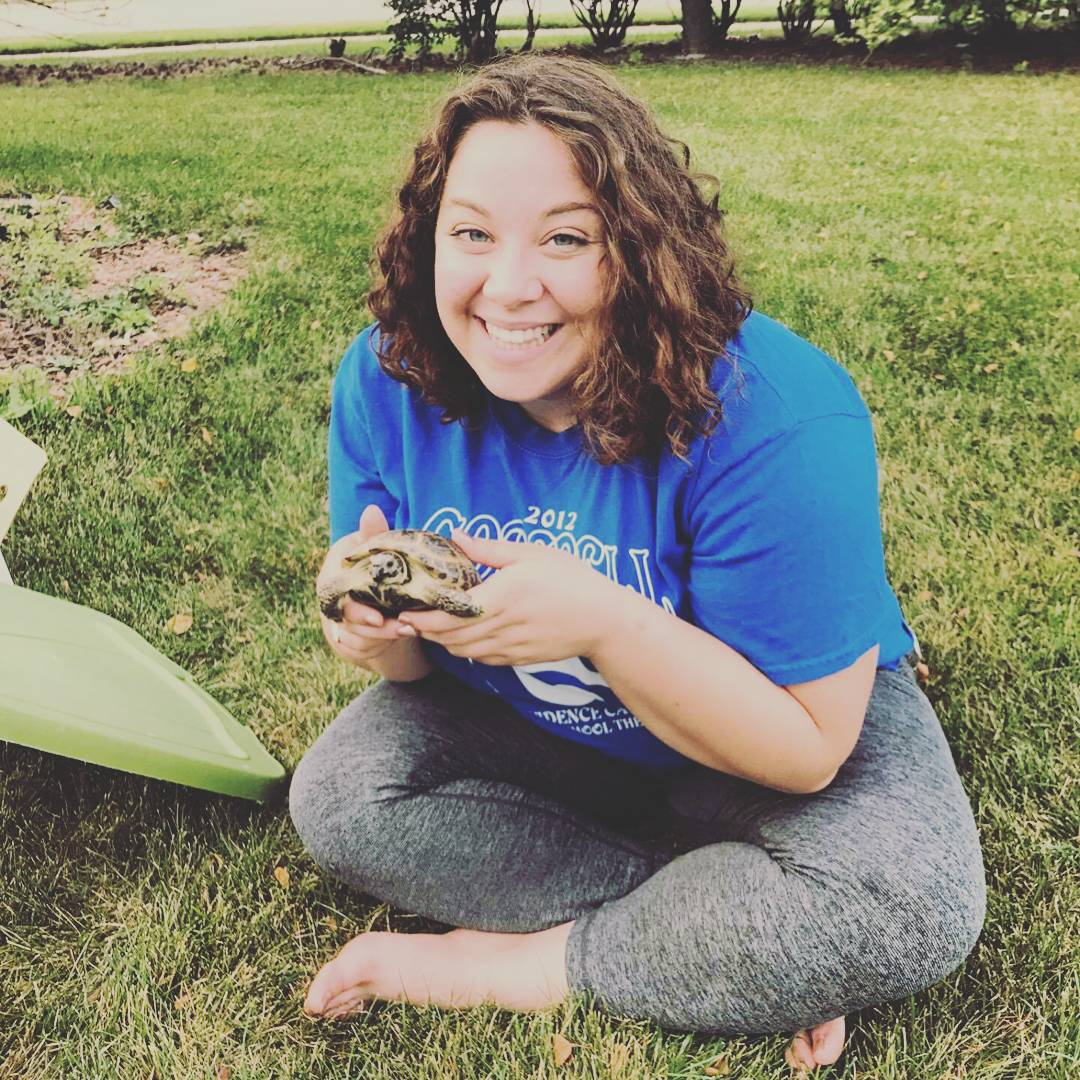
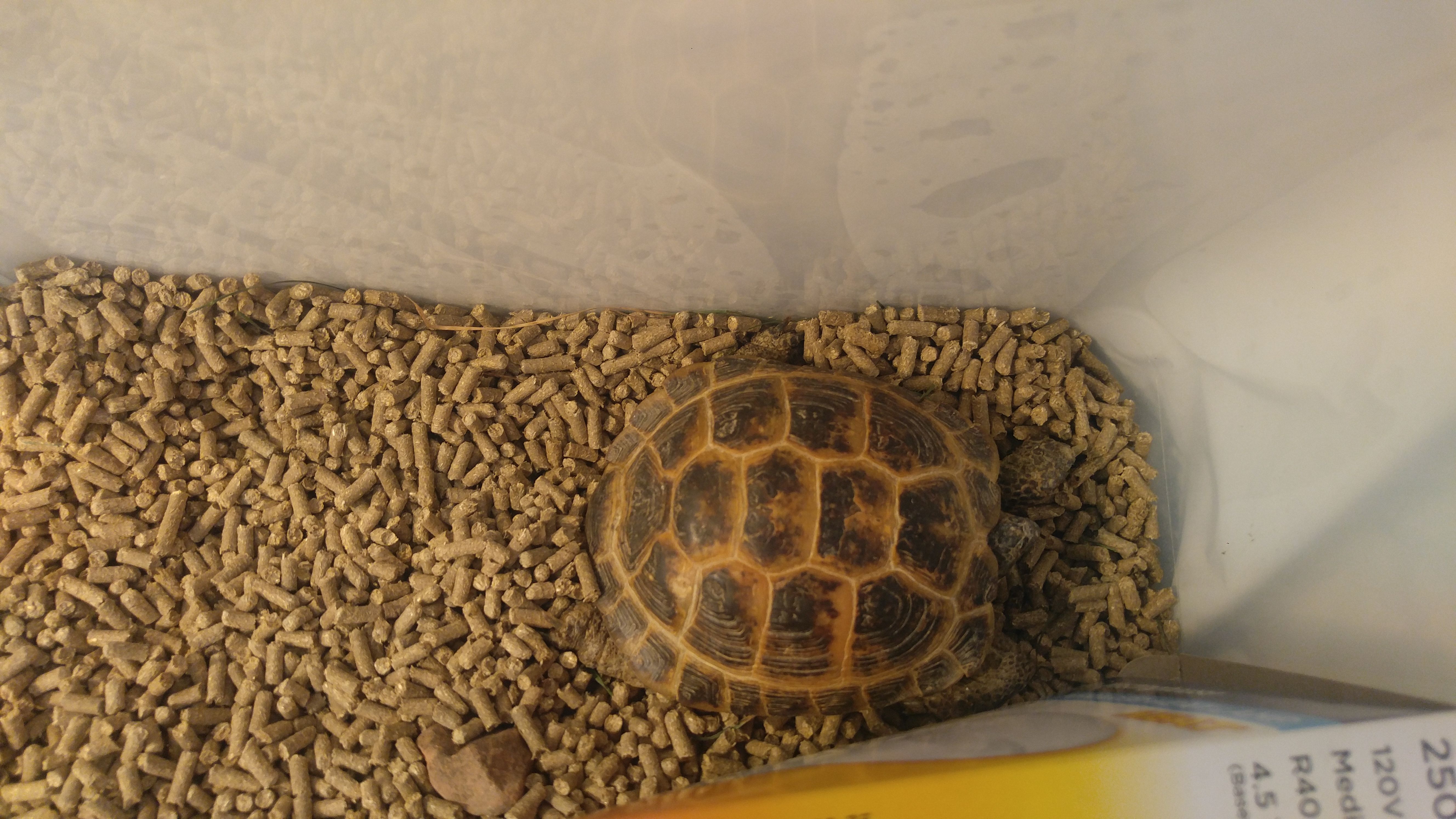

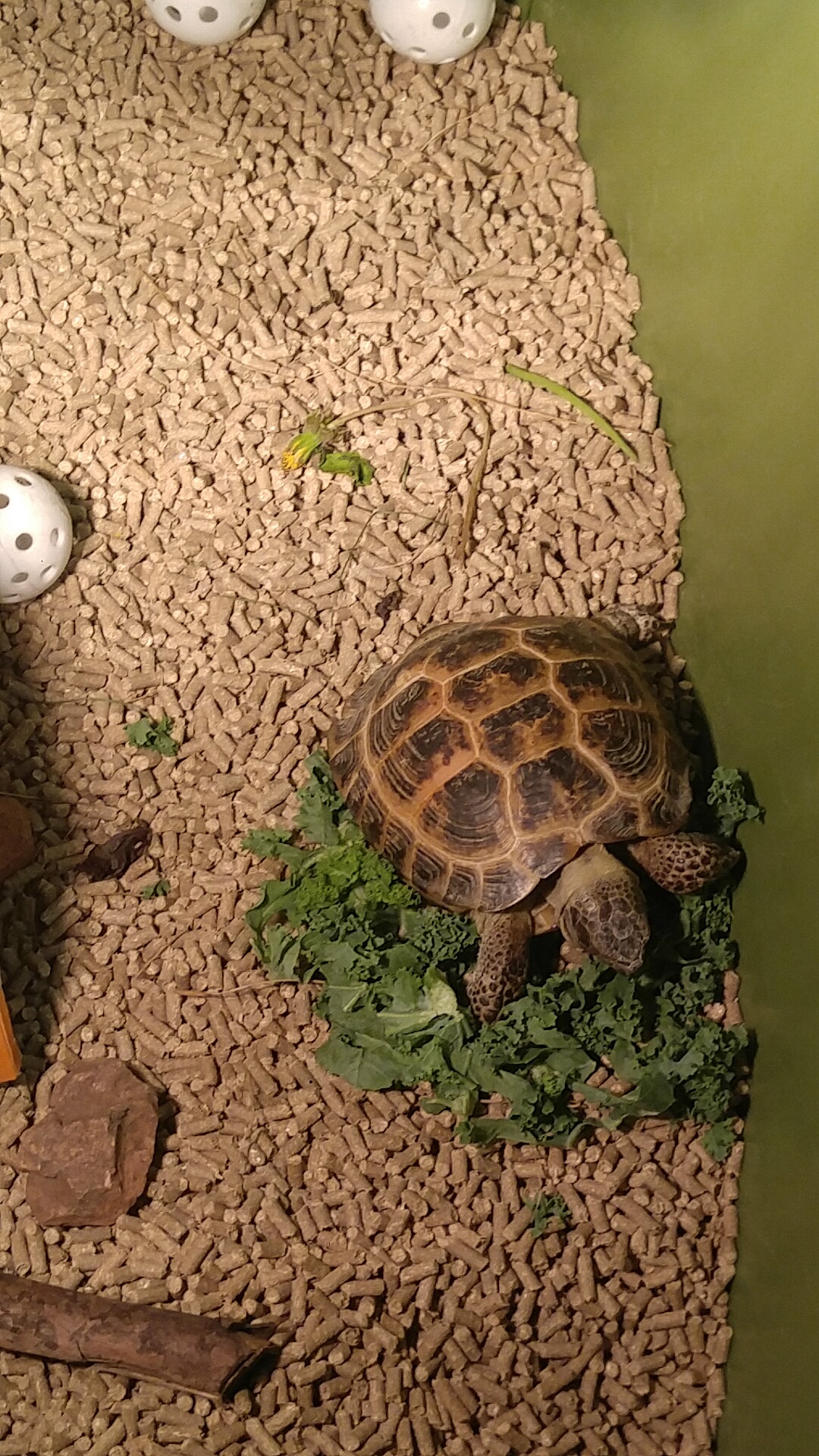
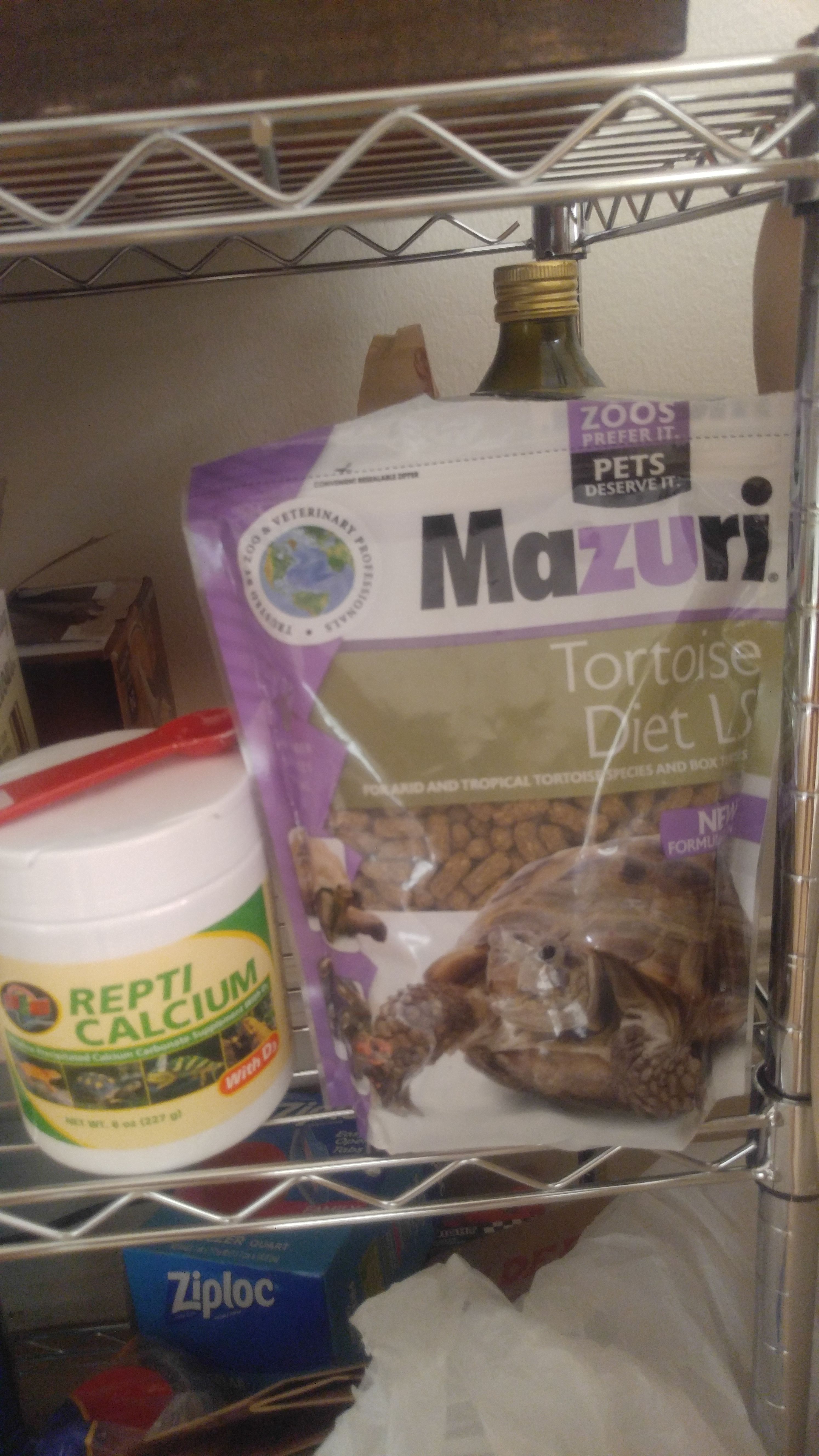
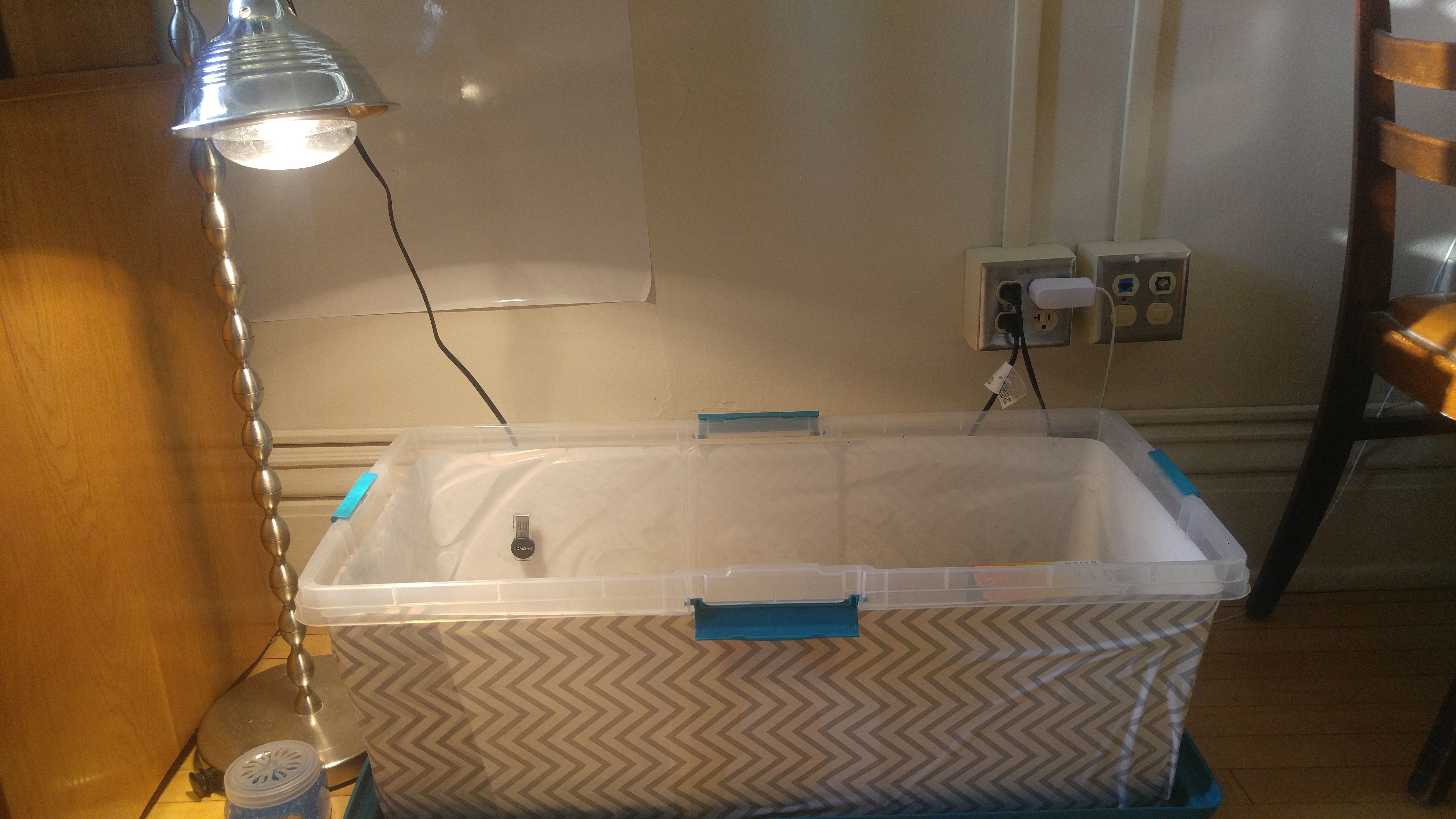
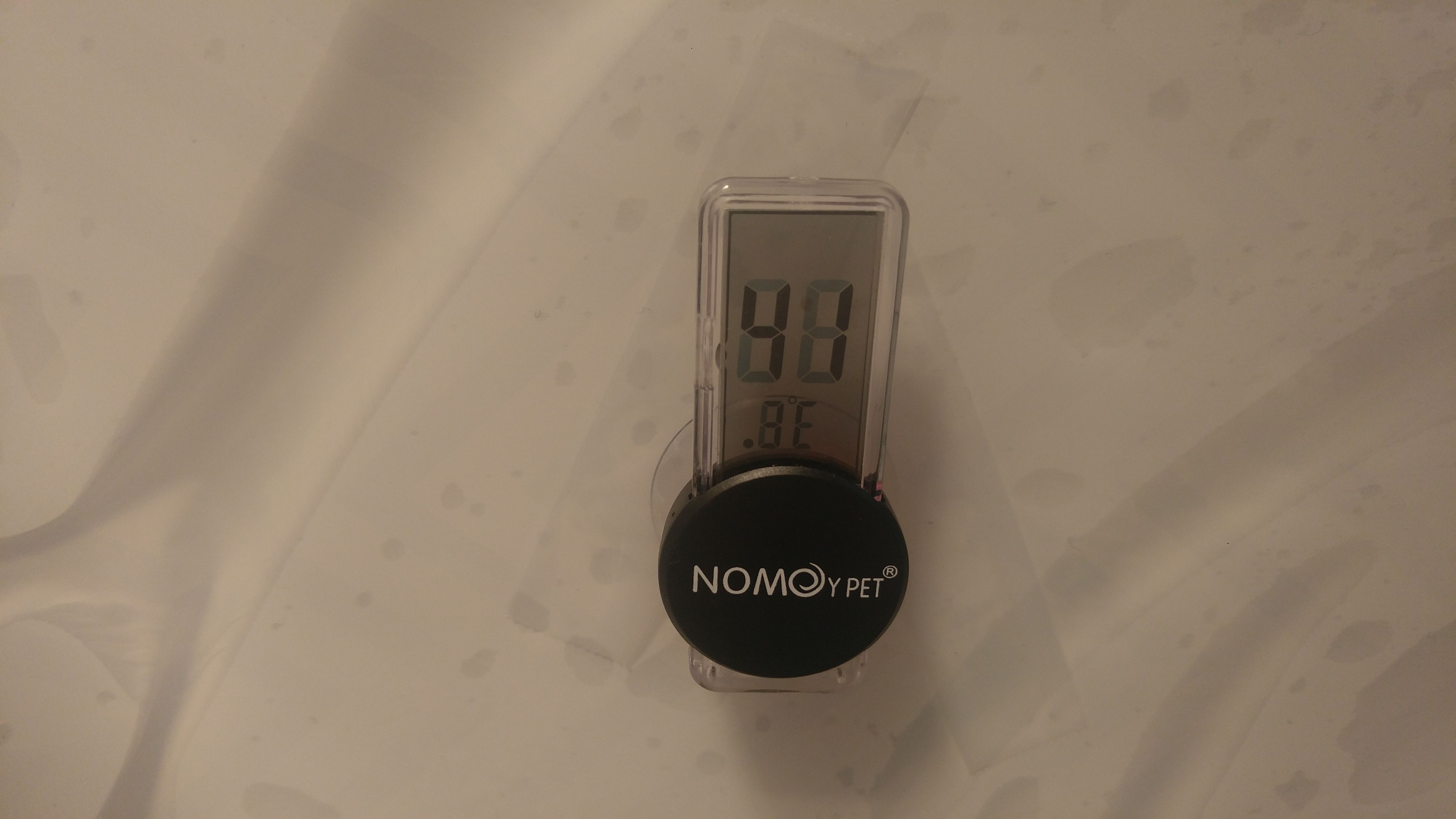
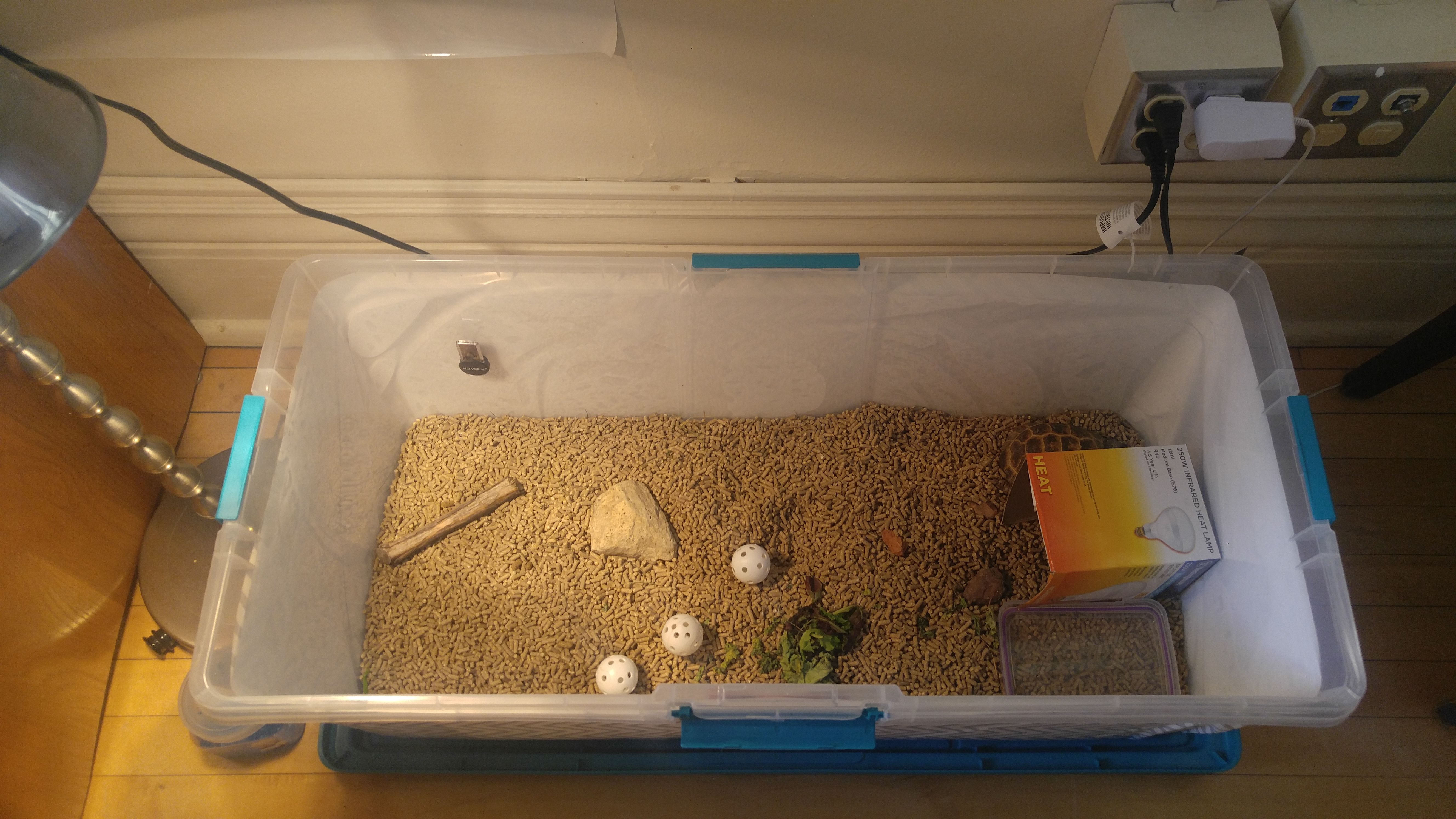
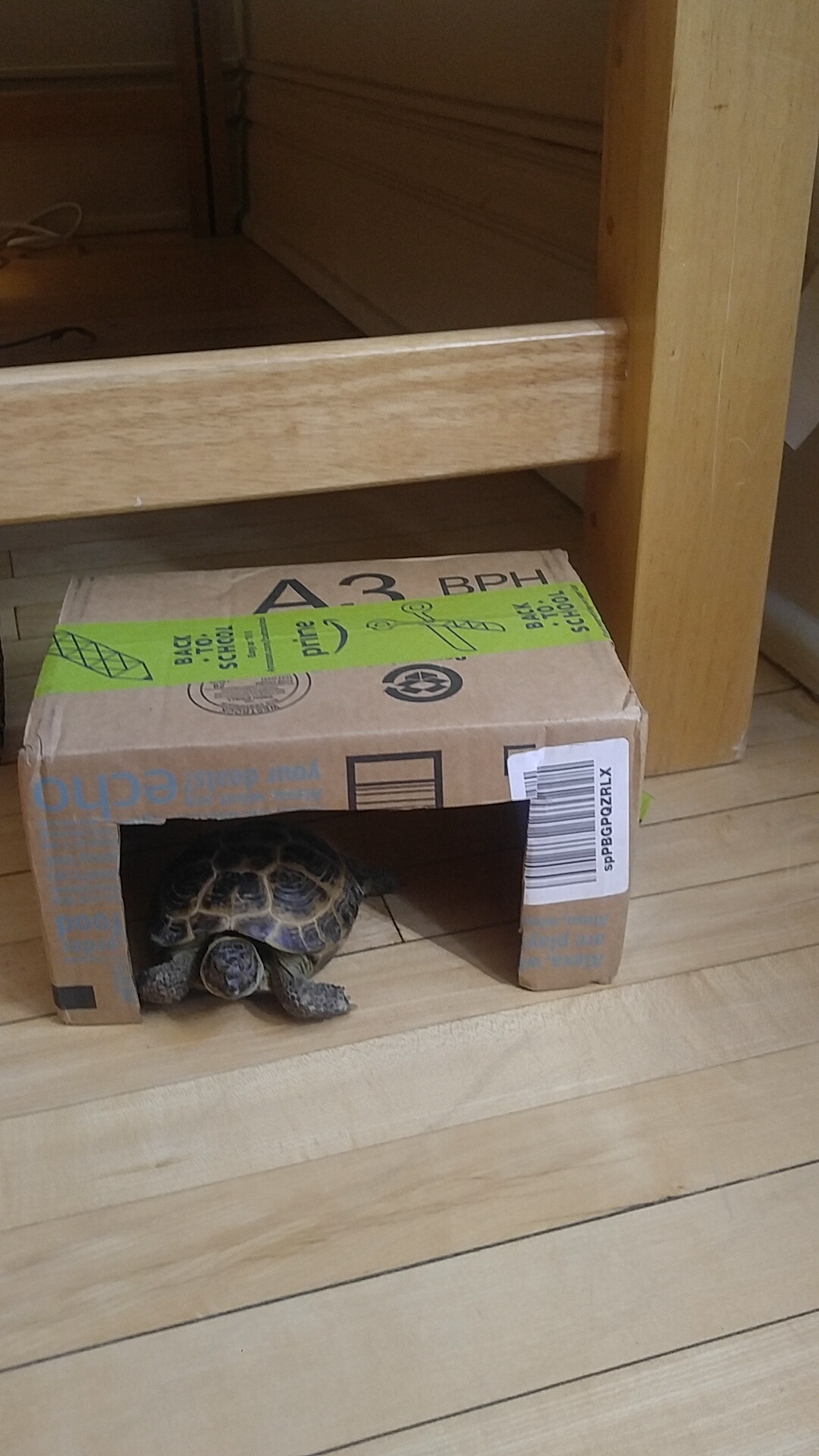
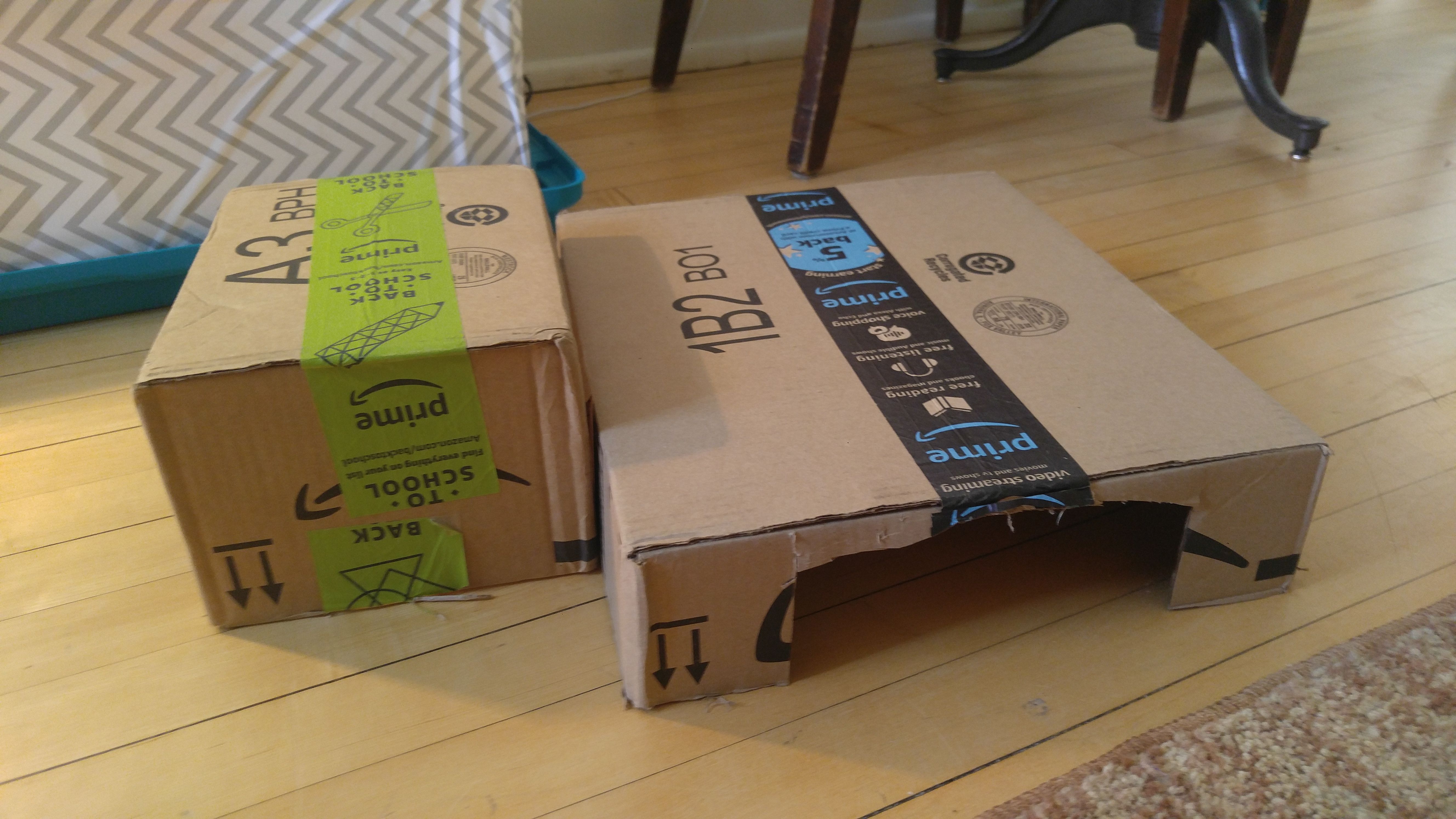
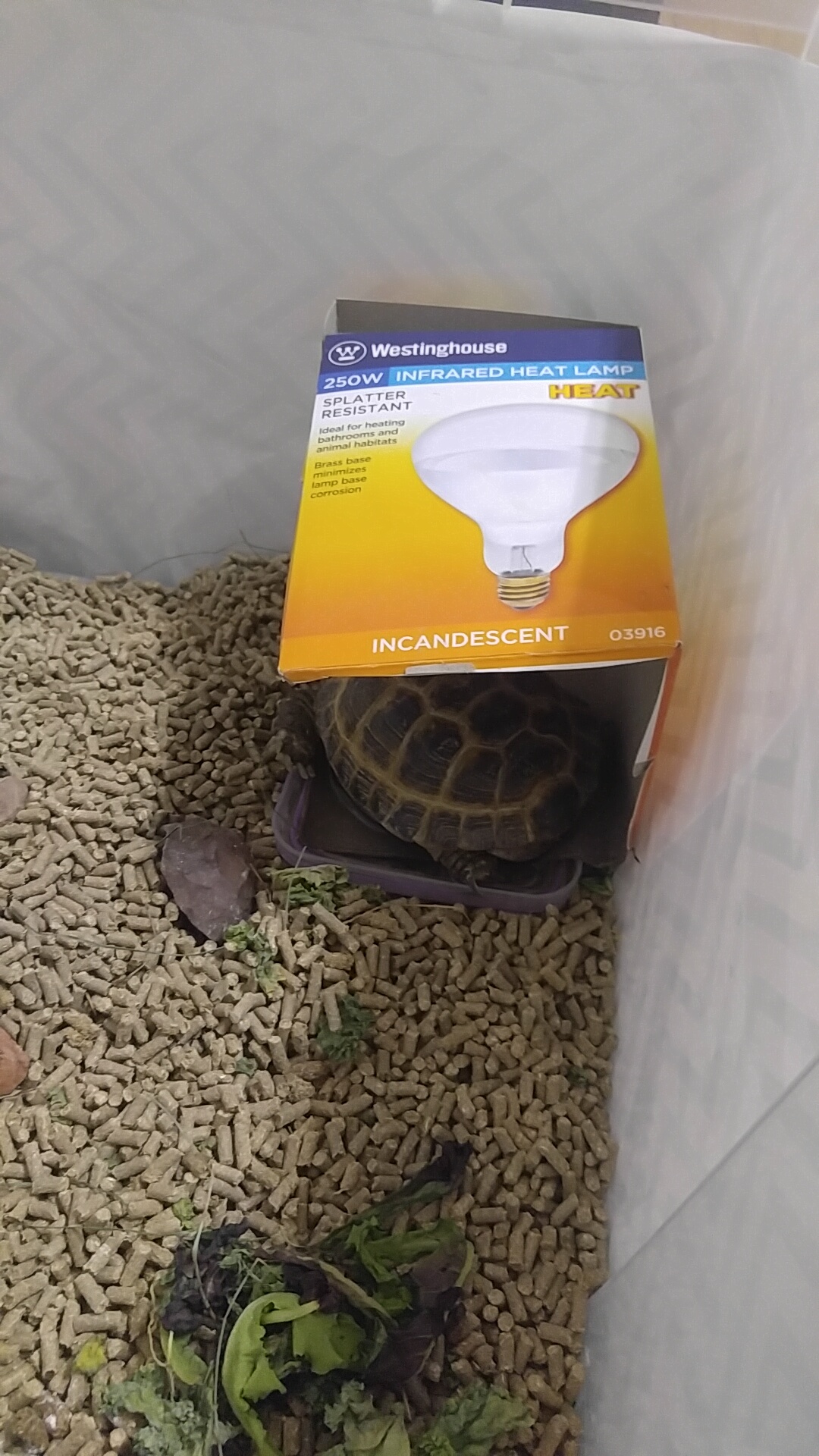
This is incredible! Love it. Followed...
Thank you so much! You're too kind and I'm glad you enjoyed it :) Thanks for the resteem, I followed you as well!